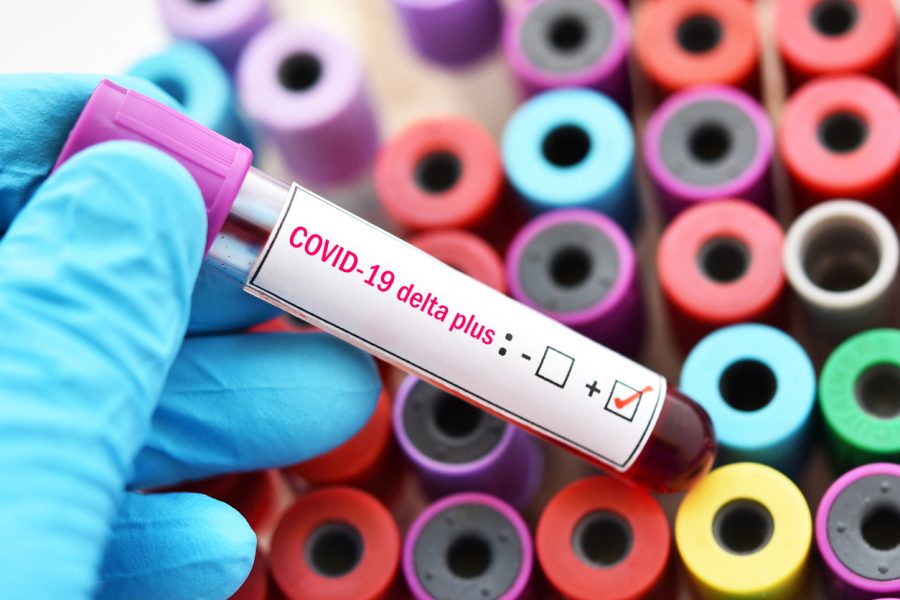
Amid Omicron scare, Karnataka announces restrictions for travellers

Amid a rise in cases and concern over the spread of ‘Omicron’ variant of COVID virus, Karnataka has decided to step up screening and checking of all inbound passengers.
Adding to the panic, two South African nationals were tested positive at the Bengaluru international airport on Saturday (November 27).
According to local reports, the two have been sent to quarantine. An official told a news agency that further tests would only ascertain if the two are infected with the Omricon variant.
Meanwhile, the Karnataka government has made RTPCR mandatory for visitors from Maharashtra and Kerala. It has also been decided to intensify screening and checking of international passengers at airports.
Also read: Fully vaccinated 66 medical students in Karnataka get COVID after college event
A government circular said all international arrivals from South Africa, Botswana and Hong Kong would have to undergo COVID testing and those who test positive would be placed under 10-day institutional isolation.
The Centre has also asked all states to ensure rigorous screening and testing of travellers from South Africa, Botswana and Hong Kong, where the new variant has been found.
According to scientific analysis, the variant spreads at a rate faster than its predecessors including Delta, which is suspected to have triggered the devastating second wave of the pandemic in India and now a fresh wave of infections in Europe. The fact that it has infected vaccinated individuals and those with a booster shot indicates its ability to evade vaccines, scientists have said.
However, the variant’s ability to cause severe disease, is yet to be assessed. As with other variants, some infected people display no symptoms, South African experts said.
“This variant has a number of mutations, some of which are concerning. Preliminary evidence suggests an increased risk of reinfection with this variant, as compared to other VOCs,” the WHO said in a statement.


